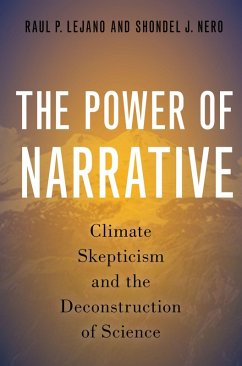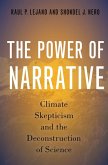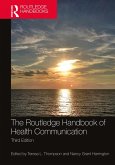There is an ideological war of words waging in America, one that speaks to a new fundamentalism rising not just within the American public, but across other ideologically-torn nations around the globe as well. At its heart is climate skepticism, an ideological watershed that has become a core belief for millions of people despite a large scientific consensus supporting the science of anthropogenic climate change. While many scholars have examined the role of lobbyists and conservative think tanks in fueling the climate skepticism movement, there has not yet been a systematic analysis of why the narrative itself has resonated so powerfully with the public. Pulling from science and technology studies, narrative and discourse theory, and public policy,
The Power of Narrative examines the strength of climate skepticism as a story, offering a thoughtful analysis and comparison of anti-climate science narratives over time and across geographic boundaries. This book provides fresh insight into the rhetorical and semantic properties on both sides of the climate change debate that preclude dialogue around climate science, and proposes a means for moving beyond ideological entrenchment through language mediation, further ethnographic study, and research-informed teaching.
The Power of Narrative culminates in the revelation of a parallel between narratives about climate skepticism and those in other issue areas (e.g., gun rights, immigration, health crises), exposing a genetic meta-narrative of public distrust and isolation. Ultimately,
The Power of Narrative is not a book about climate change in itself: it is, instead, a book about how our society understands and interacts with science, how a social narrative becomes ideology, and how we can move beyond personal and political dogma to arrive at a sense of collective rapprochement.
Dieser Download kann aus rechtlichen Gründen nur mit Rechnungsadresse in A, B, BG, CY, CZ, D, DK, EW, E, FIN, F, GR, HR, H, IRL, I, LT, L, LR, M, NL, PL, P, R, S, SLO, SK ausgeliefert werden.









